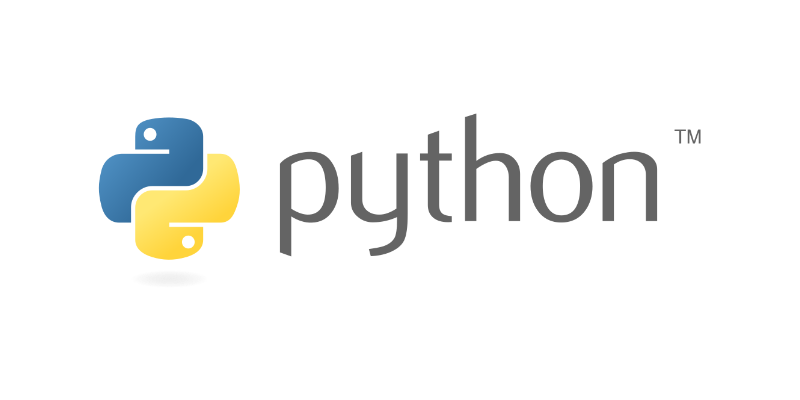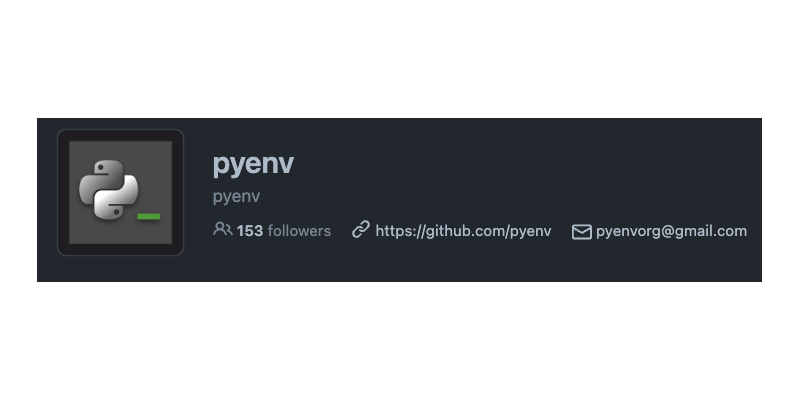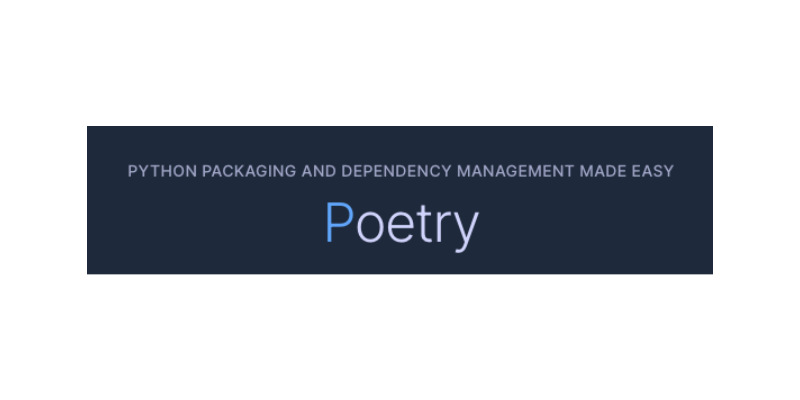Python

Python is a programming language that lets you work quickly and integrate systems more effectively.
Best practices for installing and creating virtual environments to work with Python.
New tools
TIP
I've been experimenting with UV recently, so this is still a WIP.
UV
An extremely fast Python package and project manager, written in Rust.

Install
sh
curl -LsSf https://astral.sh/uv/install.sh | shManage Python
sh
# show installed version
uv python list
# install python version
uv python install 3.11.9Manage Project and Env
sh
# Init project and set minimum supported Python version
uv init --python 3.9
# Create virtual env with specific python version
uv venv --python 3.9.916
# Activate virtual env
source .venv/bin/activate
# Deactivate virtual env
deactivate
# Add a package to the project
uv add <package_name>
# Remove Packages
uv remove <package_name>
# Sync dependencies with the lock file
uv sync
# Lock the current dependencies to a file
uv lockRun Python
sh
uv run script.pyConsolidated tools
TIP
How most of my projects used to be structured.
PyEnv

Pyenv lets you easily switch between multiple versions of Python. It's simple, unobtrusive, and follows the UNIX tradition of single-purpose tools that do one thing well.
How to install PyEnv
bash
# Install PyEnv
brew install pyenvHow to use PyEnv
bash
# Install PyEnv
brew install pyenv
# Install python version
pyenv install 3.9.11
# Set global python version
pyenv global 3.9.11
# Set local python version
pyenv local 3.9.11Poetry

Poetry - Installations Methods
Install poetry
bash
curl -sSL https://install.python-poetry.org | python3 -Poetry commands
shell
# Create new project
poetry new my-folder --name my-package
# Init poetry in existing project
poetry init
# Install package = (pip install)
poetry add django
# Access virtual env
poetry shell
# Update package to specific version
poetry add django@2.2.19
# Set python version
poetry env use python3.7
## If above command fails, try this
poetry env use $(pyenv which python)Generate requirements.txt
shell
poetry export --without-hashes --format=requirements.txt > requirements.txt